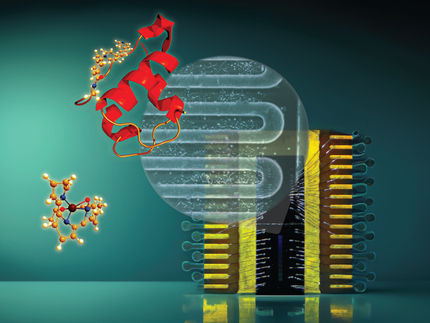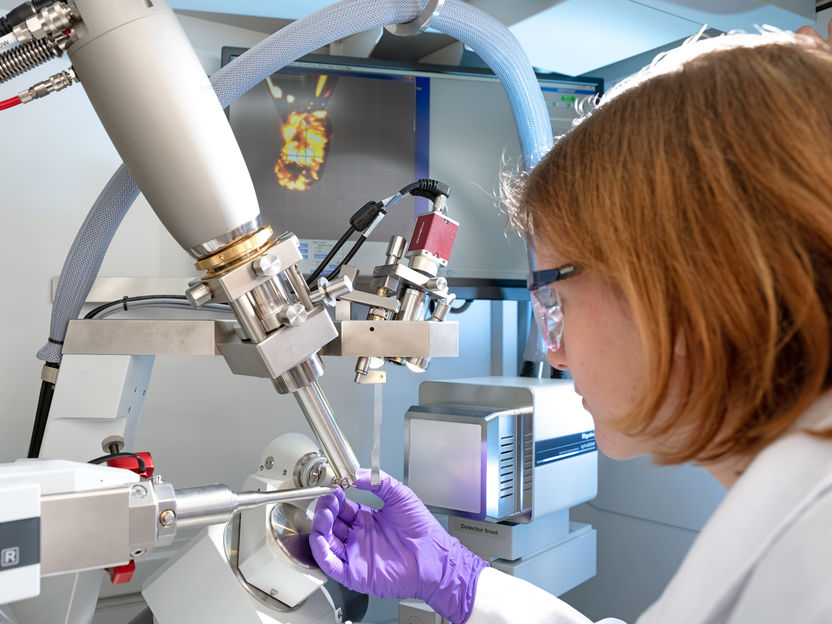Waters acquires DESI-MS technology from Prosolia
Desorption Electrospray Ionization (DESI) imaging gives deeper biological insights
Waters Corporation, Prosolia, Inc. and the Purdue Research Foundation announced that Waters® acquired exclusive rights to Desorption Electrospray Ionization (DESI) technology for all mass spectrometry applications from Prosolia and PRF.
"The acquisition of DESI technology bolsters Waters' portfolio of mass spectrometry imaging innovations, a rapidly expanding MS technique for biomedical research and related applications," said Chris O'Connell, Chairman and Chief Executive Officer, Waters Corporation. "DESI mass spectrometry imaging provides complementary and actionable data when compared to classical histopathology imaging technologies with major advantages in analyzing the molecular fingerprint within a sample, thus delivering deeper biological insights. Ultimately, these insights will lead to better understanding of disease and enable the development of new, more effective medical therapies."
DESI imaging technology uses a charged jet of solvent depositing micro-droplets onto a sample's surface where analytes are desorbed into a gas phase at ambient pressure and temperature. Subsequently, they are drawn in and analyzed by mass spectrometry.
"We at Prosolia are proud of our role in developing and commercializing DESI technology," said Justin Wiseman, Chief Executive Officer, Prosolia. "The potential for MSI analysis using DESI technology is significant because of the quality of the data, the minimal sample preparation required, and the non-destructive nature of the technique allowing for multimodal analysis on a single sample."
In connection with Waters’ acquisition of DESI intellectual property from Prosolia and licensing from PRF, Waters and Purdue University, where DESI was invented by a team led by R. Graham Cooks, the Henry Bohn Hass Distinguished Professor of Chemistry, have also established a relationship under the terms of a new license agreement. Accordingly, Waters will provide Purdue University with a Synapt™ G2-Si time-of-flight mass spectrometer to continue to advance research applications of DESI technology.
"Today's announcement is an important milestone in the continued growth of DESI to the benefit of scientists around the globe. We congratulate Justin and the Prosolia team for their accomplishments and look forward to collaborating with Waters as it takes DESI into the future," commented Dr. Cooks.
Other news from the department business & finance
Most read news
More news from our other portals
See the theme worlds for related content
Topic World Mass Spectrometry
Mass spectrometry enables us to detect and identify molecules and reveal their structure. Whether in chemistry, biochemistry or forensics - mass spectrometry opens up unexpected insights into the composition of our world. Immerse yourself in the fascinating world of mass spectrometry!

Topic World Mass Spectrometry
Mass spectrometry enables us to detect and identify molecules and reveal their structure. Whether in chemistry, biochemistry or forensics - mass spectrometry opens up unexpected insights into the composition of our world. Immerse yourself in the fascinating world of mass spectrometry!


























































